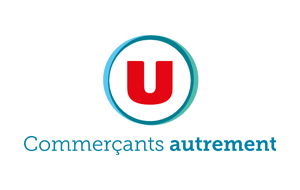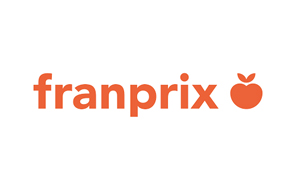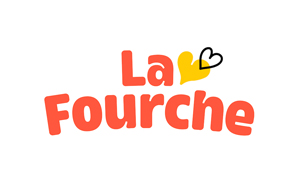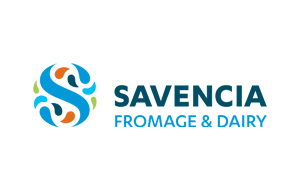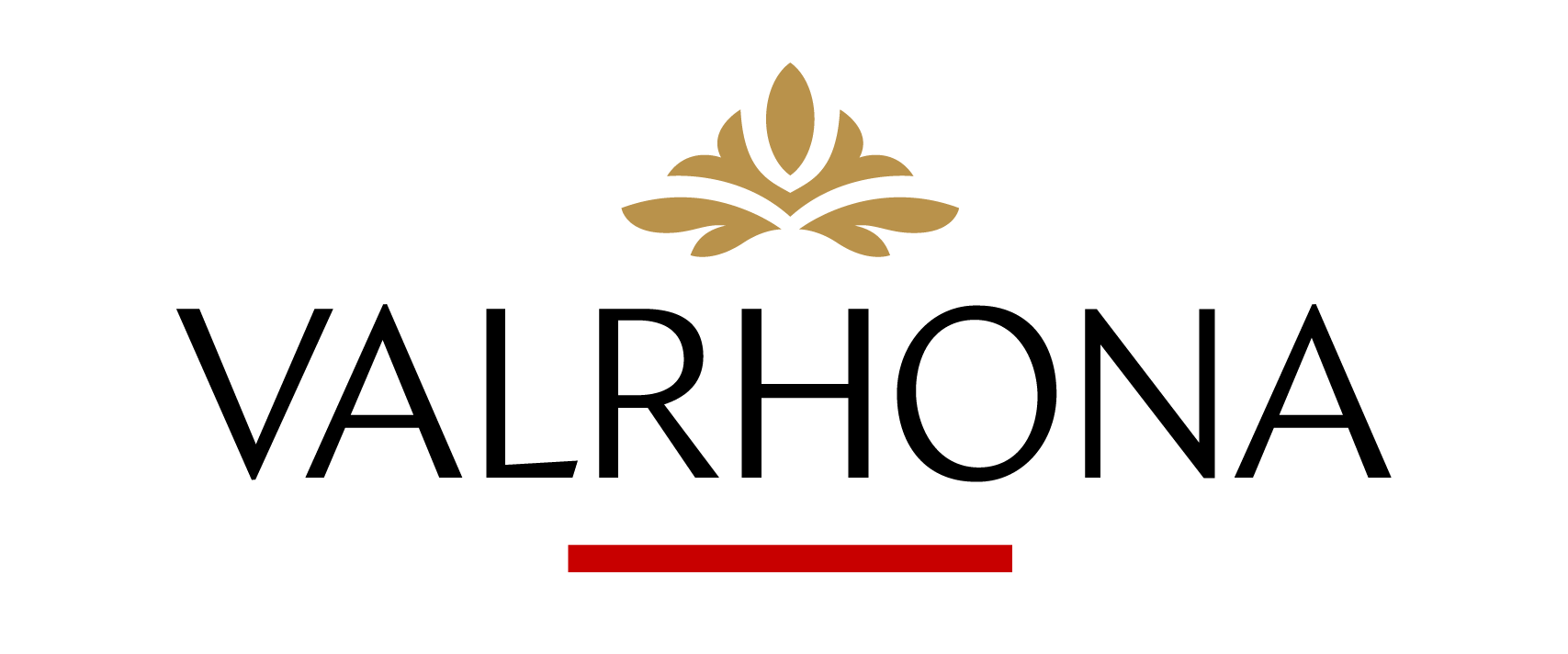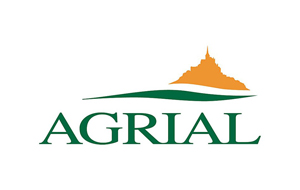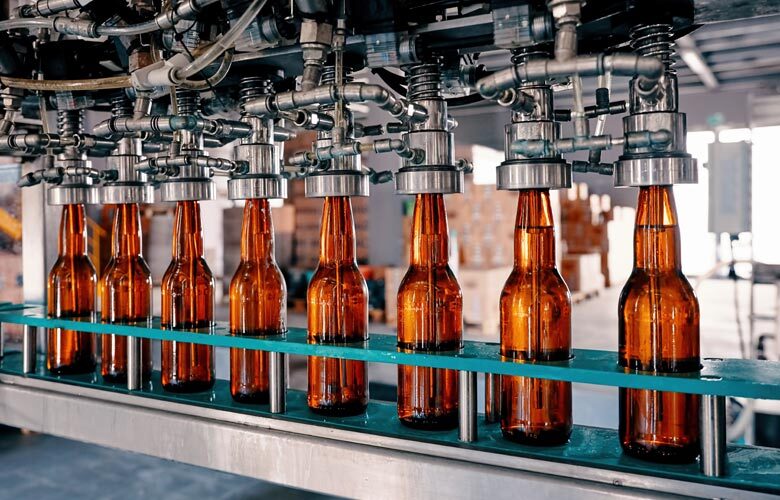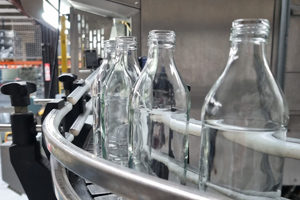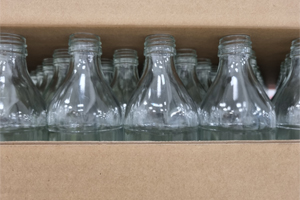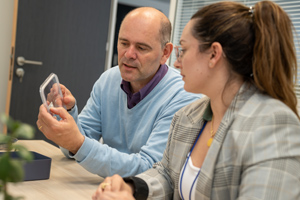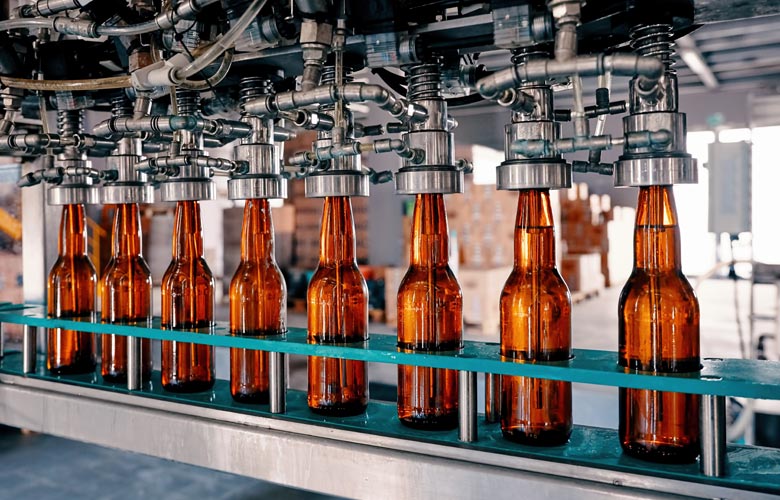
Category
Industry and distribution
Our promise:
Why switch to reuse?
- Comply with the AGEC Act
- Secure packaging supplies and costs
- Opt for a solution with an environmental impact: less waste production, less water use, less CO2 emissions, less use of primary resources than single-use packaging.
- Meeting customer expectations for a more eco-responsible offering
- Save on the purchase of new packaging
cleaning for manufacturers
At Uzaje, our industrial facilities and cleaning infrastructures enable us to pool cleaning and process large volumes of containers.
Uzaje's plants are equipped with several state-of-the-art cleaning lines that can wash all types of suitable containers:
Beverage manufacturers, ready meal manufacturers, dairy product manufacturers, food wholesalers, canned fruit/vegetable manufacturers, etc.
- Glass bottles from 20cL to 1L: beer, liter fraicheur, bottle of wine, bottle of juice, liqueurs...
- Glass jars 390 ml, 720 ml, 1062 ml ...: compote, jam, canned vegetables, ...
- Secondary and tertiary packaging in professional networks, foodservice, CHR...
- Secondary and tertiary packaging: transport crates, CFP crates, dough trays, buckets, fruit and vegetable crates, tidal crates...
27-page guide for manufacturers, producers, wholesalers and other players in the beverage industry
In this first guide, we have compiled all the
technical "good practices" and recommendations for implementing
the reuse of your bottles: beer, juice, milk, wine, etc.
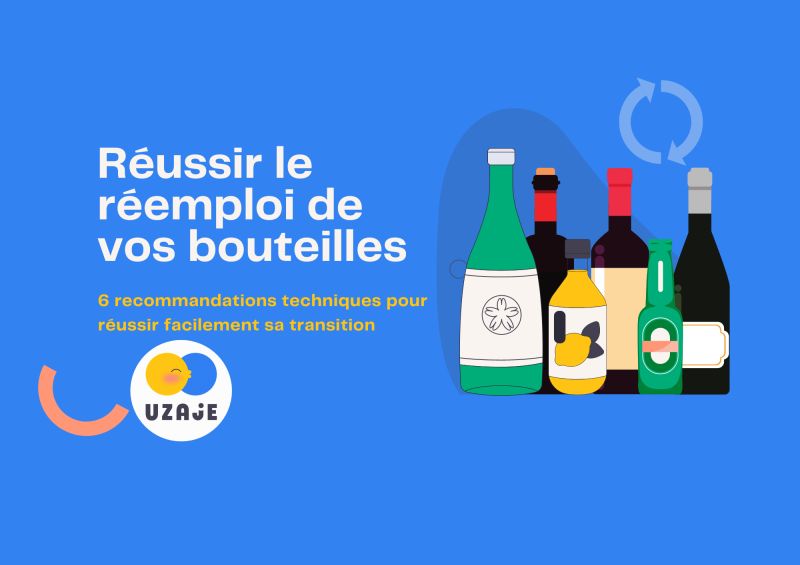
Our optional extras:
In addition to cleaning, we offer our customers clean/dirty logistics solutions, container rental adapted to their activity, and traceability solutions.
Why entrust your container cleaning to Uzaje?
- Pooling and industrialization of cleaning processes to offer competitive cleaning costs per container compared with single-use.
- No investment in machines, no dedicated cleaning area, no dedicated container cleaning staff
- Industrial tools adapted to container cleaning: ultrasonic de-oiling technology, bottle and jar label scraping, etc.
- Reduce the ecological footprint of your restaurants through reuse: Uzaje provides your monthly impact report on CO2 savings, waste avoided....
- Our cleaning tunnels consume very little water and detergents, and run on electricity.
- Hygiene and quality are at the heart of our business: we operate for players in the agri-food industry, and we check the effectiveness of our cleanings on every batch for every customer, according to the HACCP method.
Our cleaning references :
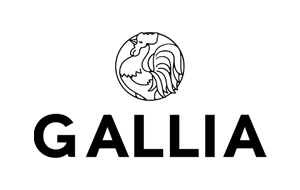
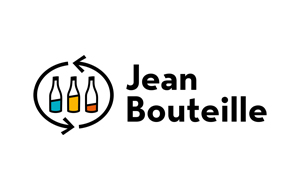



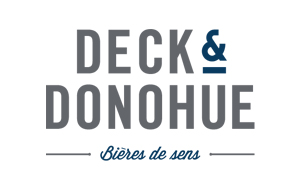
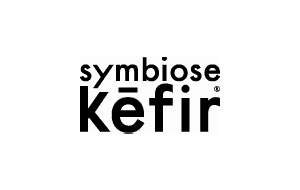

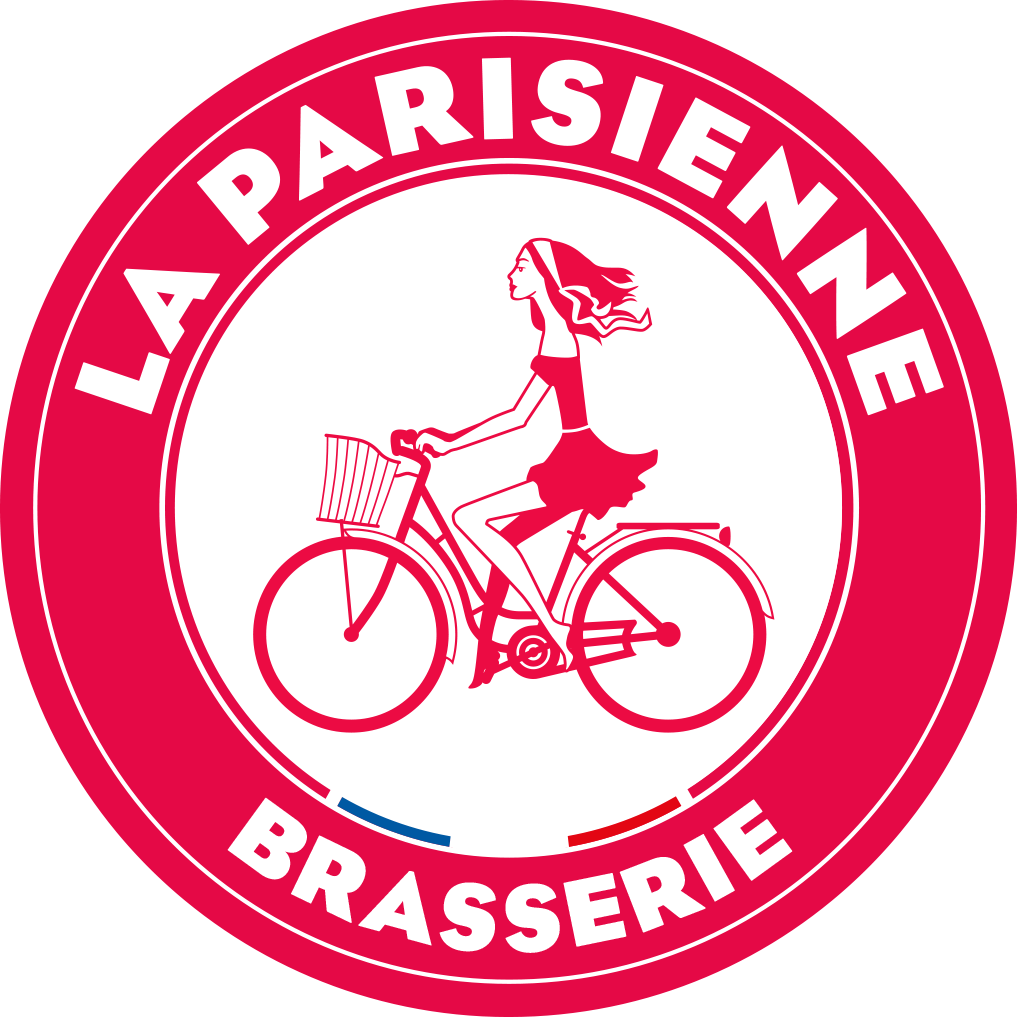
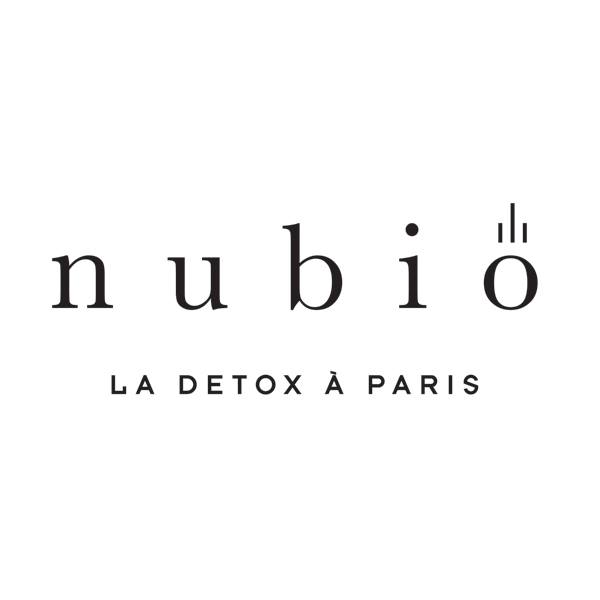
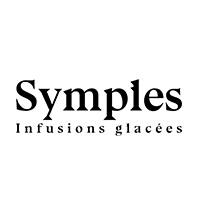

The sale of standardized, reusable containers identical to new ones
Our business allows us to collect large quantities of dirty containers and centralize them in one of our wash centers.
From this activity we have created an opportunity as a collector and seller of reused and reusable containers for the food industry.
We buy standardized, dirty containers from you:
- Beer bottles, coolers, ....
- Glass jars, etc.
Then we wash them according to food hygiene standards.
Finally, we sell them on the reuse market "as new".
Benefits to you:
- No longer dependent on price fluctuations for new containers
- Diversifying and securing new packaging supplies
- Participate in a virtuous economy
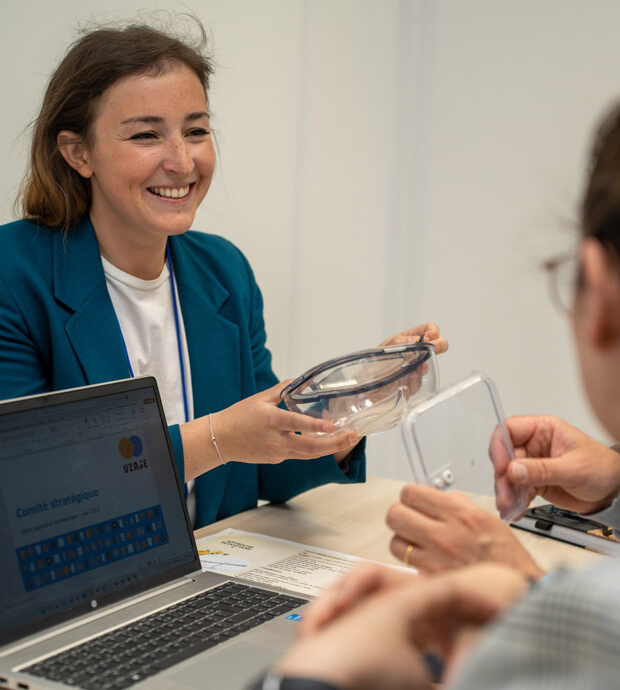
Support
2 offers to test, learn, draw conclusions, improve, deploy
Experimental piloting enables you to test on a small scale the reality and operation of a reuse system within one or more establishments, with the aim of deploying a high-performance, optimized system over the longer term.
The first step in implementing reuse in an organization. This offer of support provides the right level of knowledge to all the teams concerned in the company: R&D, packaging, sales, marketing, CSR... and starts the roadmap with objectives for a transition to reuse.
It consists of workshops, presentations and an analysis report:
- Immerse yourself in the fundamentals of reuse (definitions, context, regulations, benchmark of reuse initiatives & news, notions on reusable packaging).
- Identify the issues involved in switching to reuse (production, distribution, collection/logistics, cleaning), and theprerequisites and benefits of an economically and environmentally efficient reuse loop.
- Identify opportunities and possible approaches/models for moving towards reuse in your business sector.
- Analyze a panel of targeted products/containers (product, packaging, distribution networks) with high potential for switching to reuse.
- Identify the parameters required for experimentation.
Take Me Home Program
Experimental piloting enables you to test on a small scale the reality and operation of a reuse system within one or more establishments, with the aim of deploying a high-performance, optimized system over the longer term:
- Selection of products and manufacturers / selection of participating stores
- Setting up the operational loop: recommendations on what needs to be acquired for the experiment to run smoothly: adequate quantity of primary containers according to the modalities envisaged (number of sets to ensure the loop), secondary containers, suitable labelling solutions, return solution and any other necessary equipment.
- Arrangements for outsourced cleaning, collection and delivery logistics
- Container cleaning
- Traceability
- Co-construction of communication elements
- Support for grant applications (optional)
- Impact simulator (optional): projects the environmental and economic impact of a disposable versus reusable situation.
We support you from A to Z throughout your project:
- Selection of products and manufacturers / selection of participating stores
- Setting up the operational loop: recommendations on the elements to be acquired for the experiment to run smoothly: adequate quantity of primary containers according to the modalities envisaged (number of sets to ensure the loop), secondary containers, suitable labelling solutions, return solution and any other necessary equipment.
- Arrangements for outsourced cleaning, collection and delivery logistics
- Container cleaning
- Traceability
- Co-construction of communication elements
- Support for grant applications (optional)
- Impact simulator (optional): projects the environmental and economic impact of a disposable versus reusable situation.
Experimental results, economic modeling and vision for deployment :
Our references for support :
